Zimbabwe
Young women and girls in Zimbabwe are using an ancient tradition to fight child marriages and campaign for gender equality.
Inside a white tent in rural northeastern Zimbabwe, girls discuss sexuality, child marriage, teen pregnancy, gender bias, education, economic empowerment and the law. Nothing is off limits.
“This is a safe space, every girl feels free,” said 18-year-old Anita Razo, who joined at 14 and now mentors younger girls.
In the past, adolescent girls would be taken to a private place where they would be prepared for marriage, in a custom called Nhanga.
Now they are flipping the practice and are using these spaces as a forum to learn about the harms of child marriage and change attitudes within their community.
“The new Nhanga is a cultural innovation dealing with modern problems,” and where girls candidly tackle subjects still sensitive in many conservative homes, said Nokutenda Magama, a programs officer with Rozaria Memorial Trust, a nonprofit that works to empower rural girls and women and is behind the Nhanga revival.
A global issue
The reinvention comes against worrying statistics. One in three girls in Zimbabwe marries before 18, according to the United Nations Children's Fund, calling it “a national emergency demanding urgent action.”
Zimbabwe and many other African countries have outlawed child marriage, even overturning laws prohibiting abortion for girls under 18, but poverty, lethargic enforcement and cultural and religious customs keep it alive.
Although most prevalent in Africa, experts say it is a worldwide issue.
"This is a global problem," said Nyaradzayi Gumbonzvanda, the deputy executive director of UN Women. “We are talking about rape and sexual exploitation and breaking the future of our little children."
Many schools across Zimbabwe have adopted the new Nhanga model, which has spread to Zambia and Sierra Leone and reached African Union and United Nations forums.
Despite progress, poverty and entrenched attitudes persist, according to Enet Tini, a teacher and girls mentor whose school adopted the model.
“The gap that that we have is lying with the adults themselves," she said. "We are trying to make the girls take the leading role so that they actually preach the gospel themselves."
Together with associations, schools and even village heads, women and girls across rural Zimbabwe are giving a new, feminist meaning to the revived Nhanga practice.




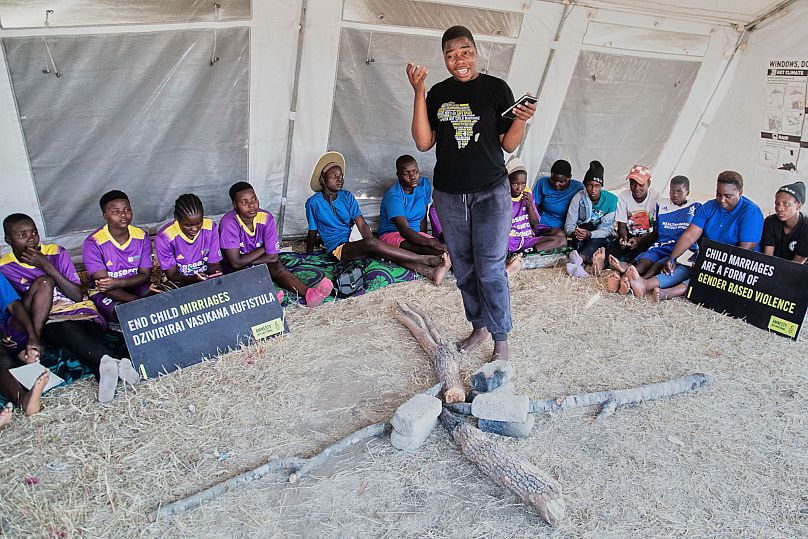
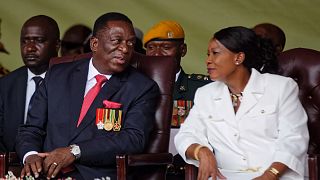
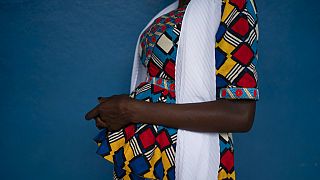
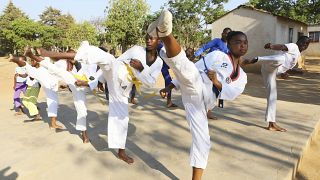
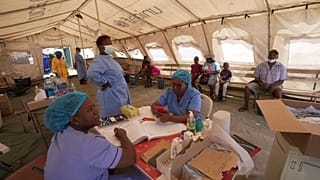
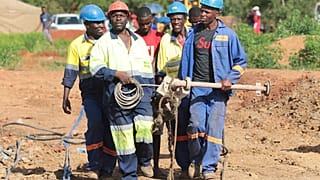
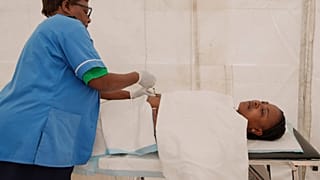


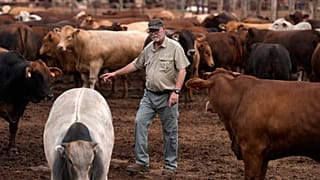
01:04
Rising anger in Africa over 'lopsided' US health funding agreements
01:14
Sudan: civilian killings doubled in 2025 compared to year before, says UN
01:00
Pix of the Day, 26 February 2026
01:00
Flour war paints Greek town Galaxidi in colour for clean Monday
02:00
China celebrates Spring Festival with lion dances at Great Wall of China
01:29
Mugabe's son in custody after gardener shot at Johannesburg home